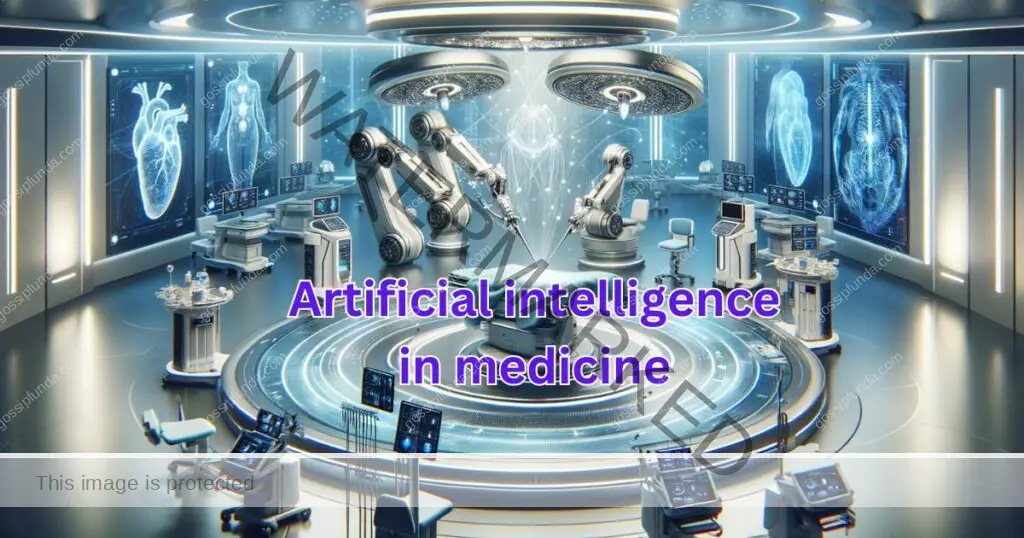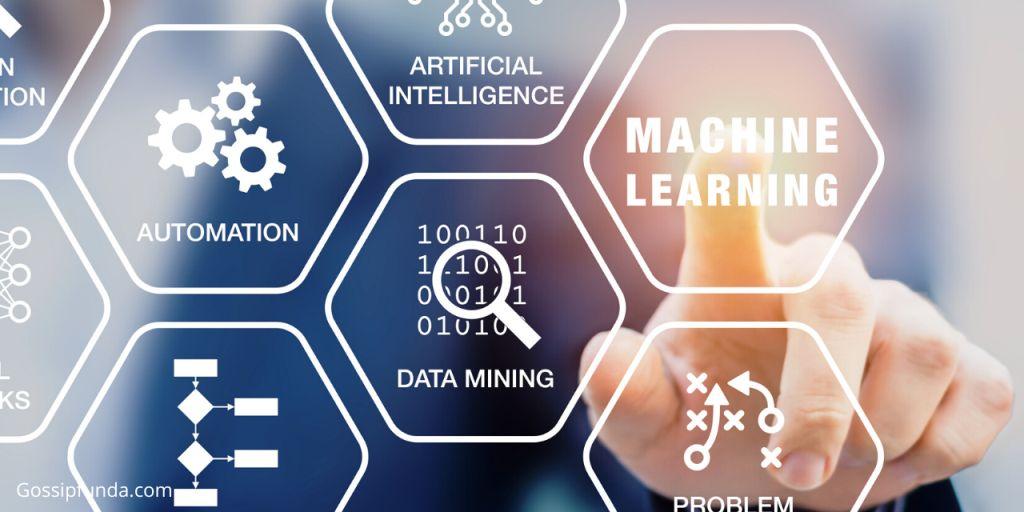Artificial intelligence (AI) is swiftly transforming the global healthcare sector, offering unprecedented advancements in patient care and medical research. Through AI-powered diagnostics, personalized treatment plans, accelerated drug discovery, and more, AI is pushing the boundaries of what’s possible in medicine, focusing on patient-centric improvements.

AI in Diagnostics:
AI algorithms, especially those utilizing deep learning and computer vision, are now capable of diagnosing diseases with remarkable accuracy. They can analyze medical images, such as X-rays and MRIs, faster and sometimes more accurately than human experts. This early detection capability is crucial for conditions like cancer, neurological disorders, and heart diseases, leading to better patient outcomes through timely interventions.
Personalized Medicine:
AI’s ability to process vast amounts of patient data—ranging from genetic information to lifestyle choices—enables the development of personalized treatment plans. This approach is particularly beneficial in oncology, where tailored treatments significantly improve survival rates.
Accelerating Drug Discovery:
The traditional process of developing new drugs is both time-consuming and costly. AI is revolutionizing this process by predicting molecular interactions and optimizing clinical trials, which helps in identifying promising drug candidates more efficiently and reducing the time to market for critical medications.
Virtual Health Assistants:
AI-driven chatbots and virtual assistants are improving patient engagement with healthcare systems. They provide 24/7 support, answering medical queries, scheduling appointments, and triaging symptoms, which enhances patient experience and reduces the workload on healthcare professionals.
Robotics in Surgery:
AI-enhanced robotic systems are redefining surgical procedures by offering precision, reduced invasiveness, and improved recovery times. These technologies also open possibilities for remote surgeries, enabling top surgeons to offer their expertise across the globe.
Recent Breakthroughs:
Recent research highlights include AI models that can predict Alzheimer’s risk years before symptoms appear, AI-driven diagnostics for early detection of prostate cancer, and AI chatbots supporting mental health with promising results in reducing anxiety and depression symptoms.
Ethical Considerations:
Despite its potential, AI in healthcare raises important ethical concerns, including bias in AI algorithms, data privacy issues, and the need for clear accountability and oversight to ensure fair and responsible use of AI technologies.
Conclusion
In conclusion, AI is a pivotal element in advancing a patient-centered healthcare approach. It enhances diagnostic accuracy, personalizes treatment, and accelerates drug development. However, addressing ethical challenges is crucial to ensure equitable benefits from AI advancements in healthcare. As we continue to explore AI’s potential, its role in medicine is set to grow, promising a future where healthcare is more efficient, accessible, and tailored to individual needs.
Presently, I am pursuing B.Tech (3rd year from CSE-branch) in the Kakatiya institute of technology and science.
My strengths are hard-working, work dedication, and time management.
My passion is content writing. I can write content in a unique manner.
My goal is to become a software engineering.
I want to help others to bring up their talent out. I am very much passionate about Science and Technology.

